There’s a saying that “no parent should ever have to outlive their child”.
But what does it feel like to lose your only son under suspicious circumstances and then, almost five years later, still be searching for answers?
It’s a scenario that Montrose man Davy Cornock knows all too well.
On May 2, 2019, his son David, 37, was found dead in Thailand.
The engineer’s body was found in his own home by his wife Grecelle in Koh Samui.
But it was eight days before a post mortem was held by which time the cause of death could not be established.
An “extremely unconvincing” report was published by Thai Police.
Davy, 63, of Ferryden, remains convinced that his son was murdered – a claim backed by private investigations.
Yet almost five years on, the family remain in the dark.
Has there been a ‘systematic failure’ of system to protect Scots travellers?
While the Foreign, Commonwealth & Development Office (FCDO) in London is responsible for consular support when a UK national dies abroad, Davy has concluded that the repatriation of David’s body to Scotland put their family at a disadvantage compared to the rest of the UK.
The disparity, he says, stems from the introduction of the Inquiries into Fatal Accidents and Sudden Deaths etc. (Scotland) Act 2016 which received Royal Assent on January 14 2016.
The legislation was designed so that the Lord Advocate (the Scottish government’s top legal adviser) could hold Fatal accident inquiries (FAIs) into the deaths of Scots abroad for the first time where a body had been repatriated.
However, amid apparent confusion over “non-defined residency of Scotland”, Davy claims the Lord Advocate’s policy was not followed and that, consequently, Police Scotland were prevented from getting involved in his son’s case.
Instead of an FAI being held, David was laid to rest.
Subsequent investigations have confirmed that no FAIs have been carried out following the deaths of Scots abroad since its introduction in 2016.
This, the family say, is a “systematic failure” to protect Scottish residents overseas.
It’s a situation that has taken a “terrible” toll on the health of Davy and his wife Margaret.
“It’s a really complex and long winded situation but basically the Scots don’t have protection overseas,” said Davy, who along with industry leaders and others, is now campaigning for the immediate introduction of a statutory definition of residency to protect Scots living and working overseas.
“In theory, our son was declared stateless.
“So on the front of HM passport it says you have the protection of the British government.
“But if you are a Scottish citizen/resident you’ve got nobody’s protection at all.”
Family and high-flying oil industry career took David Cornock around the world
David was brought up in Renton, West Dunbartonshire, and emigrated to Brisbane in Australia with his father, stepmother and stepsister in 1996.
He joined the Australian Navy and trained as an avionics engineer.
By the time the family returned to Scotland in 2007, David was already working in the offshore industry as a Remotely Operated Vehicle (ROV) engineer.
The job took him all over the world, including stints in Australia, China and Brazil where he met his first wife, Ana Paula.
She already had a daughter, Paola, and they had a son, David Luiz, in 2012.
The family were living in Thailand when the couple split in 2015 but David continued to support them financially when they returned to Brazil.
While on business in the US he met American national Grecelle Rivera and they married in Florida in July 2017.
Davy, an engineering consultant, recalled how he last heard from his son on Sunday April 28, 2019.
David had just come from working offshore.
During the long distance phone call, he seemed “perfectly fine”.
They talked about motorbikes.
Yet by the Thursday, he was found dead.
How did the Thai authorities explain David Cornock’s death?
When David’s body was repatriated on May 17, the death certificate stated: “Could not determine the cause of death due to decomposition changes in body.”
However, they never had official contact about their son’s death from the Thai authorities.
They were informed through a third party.
This information, Davy said, should have been provided by the Thai authorities to Police Scotland and the FCDO.
Named suspects, suspected foul play and motive have since been agreed by many including his Thai lawyer, MP, Police Scotland and many other professional bodies.
While questions about Thailand remain and the UK government need to “up their game”, he says it’s clear after over four years of trauma, grief and research that the current system defined by the Lord Advocate as providing support is “broken and not understood” by government and its representatives – despite Scottish ministerial claims that it is for the better.
Official UK statistics provided by the FCDO for 2022 show deaths of 400-500 UK nationals overseas with 29% undetermined.
This equates to around 40-50 Scots per year and 12-15 undetermined.
Scotland do not have any records of deaths abroad from 2007-2017 as confirmed under freedom of information, Davy said.
Investigations have concluded that families who lose loved ones die abroad in unexplained circumstances are often “abandoned”.
Police Scotland have no powers to investigate the circumstances as David was not ordinarily resident in Scotland.
How has Davy Cornock been campaigning for justice?
It’s on this point that Davy has subsequently been channelling his emotional energy to seek justice.
He’s been in discussion with the UK government, the Foreign Office and has had a meeting with Scotland’s justice minister.
While he’s criticised the Foreign Office previously for “disinterest”, he believes the onus should be on the Scottish Government and Crown Office to ensure FOCD are aware of the different Scottish system.
Recently he lodged a parliamentary petition which calls for the immediate introduction of a statutory definition of residency to “prevent the systematic failure of current policy to protect Scottish citizens/residents living and working overseas”.
The petition also calls on the Scottish Government to urge the Scottish Parliament to “afford as a minimum similar protection and support as England and Wales where an individual who lives or works abroad and is repatriated.”
He added that David’s children in Brazil have been left homeless by his death with around £500,000 estate and insurance lost due to “poor decisions”.
What’s the view of the Crown Office, Scottish Government and local MP?
A spokesperson for the Crown Office and Procurator Fiscal Service told The Courier the Lord Advocate has agreed to meet with Davy’s family to listen to their concerns.
The spokesperson said: “By virtue of legislation from 2016, COPFS has the authority to investigate the death abroad of a person if they were ordinarily resident in Scotland at the time of their death, and that did not apply in Mr Cornock’s case.”
Angus MP Dave Doogan, who raised the Cornock case in the House of Commons this week and has been supporting them for four years, said he has fought Foreign Office “intransigence over the perils facing UK nationals visiting parts of Thailand and over their handling of Mr Cornock’s case in particular”.
He said the UK Minister for Asia refusing to meet Mr Cornock was a “particular low point”.
He added: “Throughout, it has become clear that the Foreign Office is not conversant with either the existence or the role of both the Death Certification Review Service or the Scottish Fatalities Investigation Unit in Scotland.
“As it is the UK the Foreign Office which is currently responsible for transacting deaths of UK nationals abroad, it is incumbent on them to understand and feed into all regimes that exist within the UK rather than simply England’s.”
Justice Secretary Angela Constance said: “I would again like to extend my sympathies to Mr Cornock over the tragic loss of his son.
“I met with Mr Cornock last year and passed on what I hope was helpful information.
“While it is the role of the Foreign, Commonwealth and Development Office to provide consular support, the Scottish Government is committed to identifying where support to families in Scotland can be improved.”
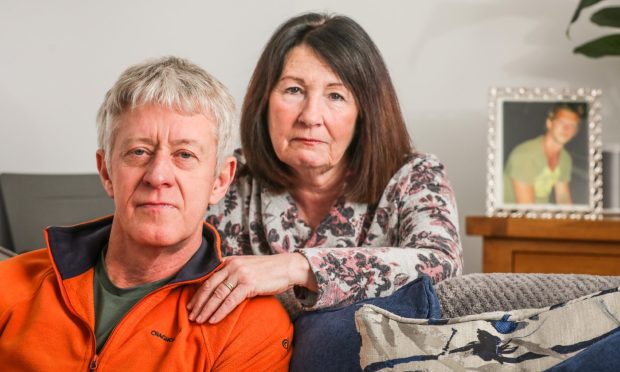
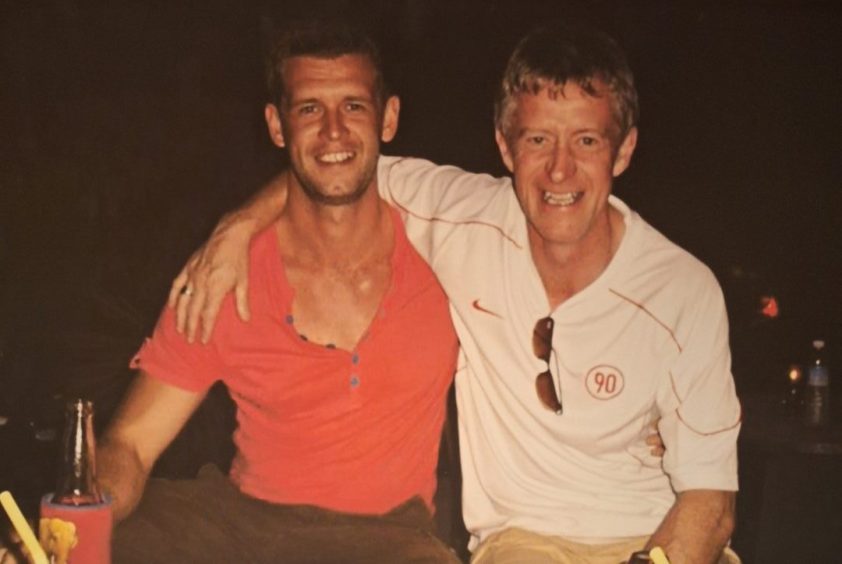
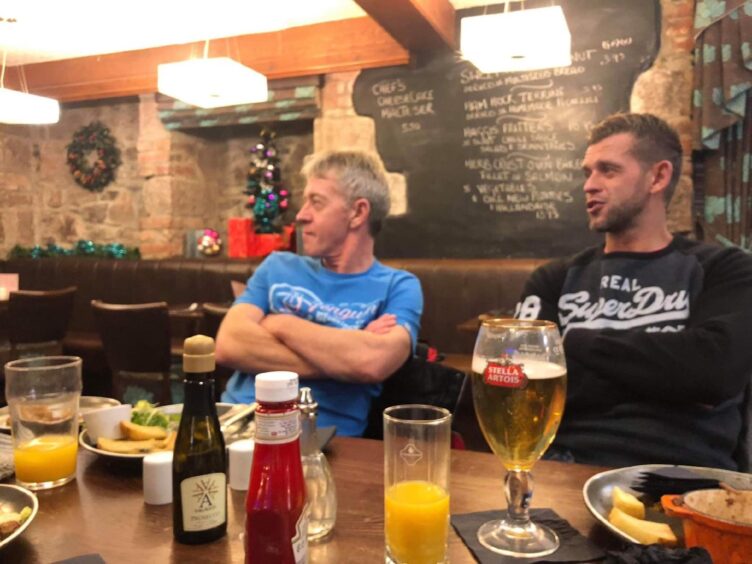

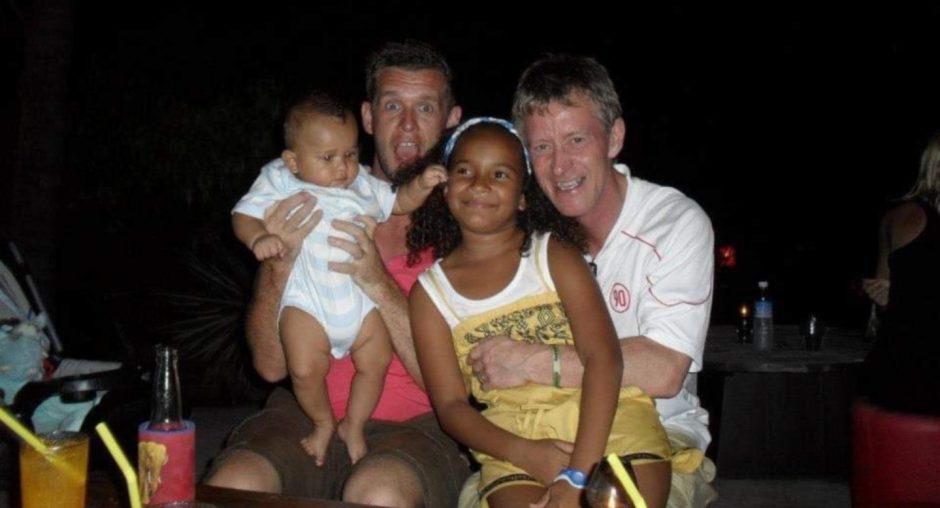
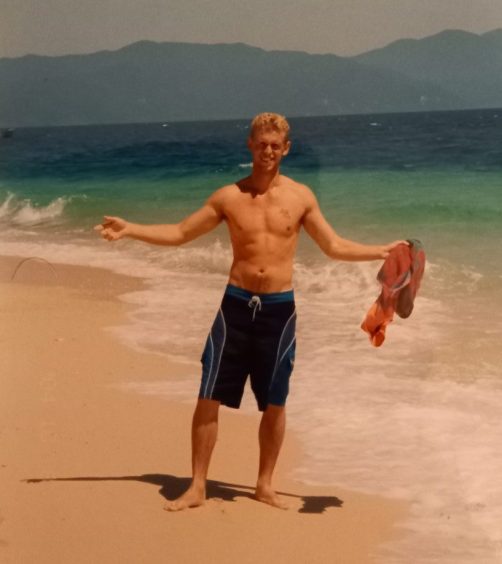
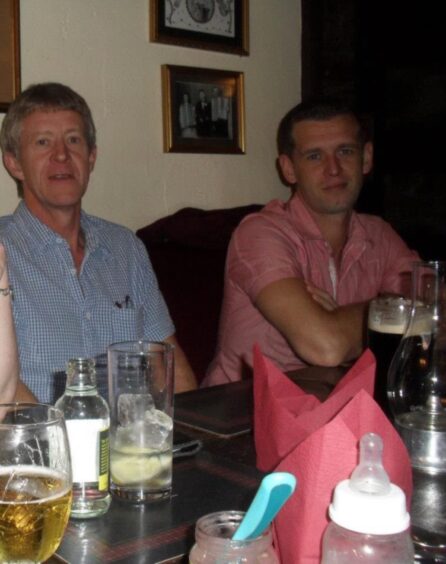
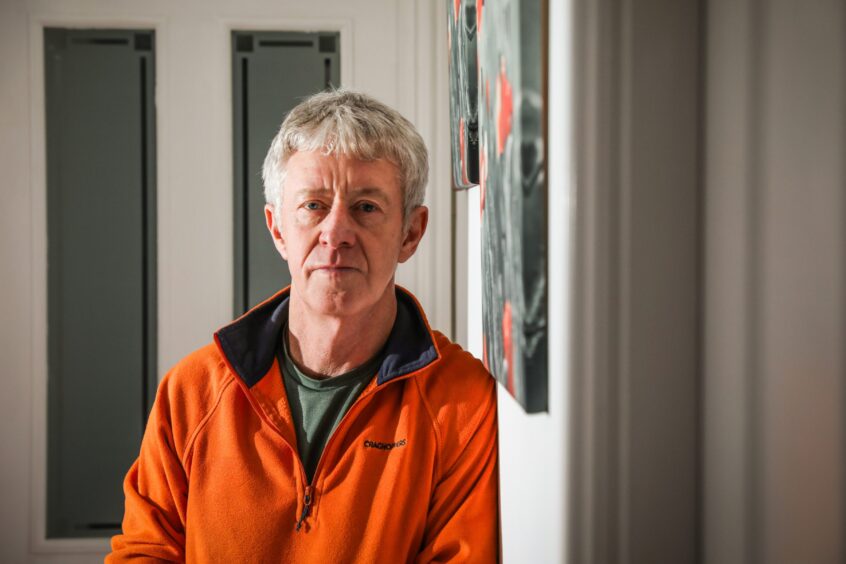
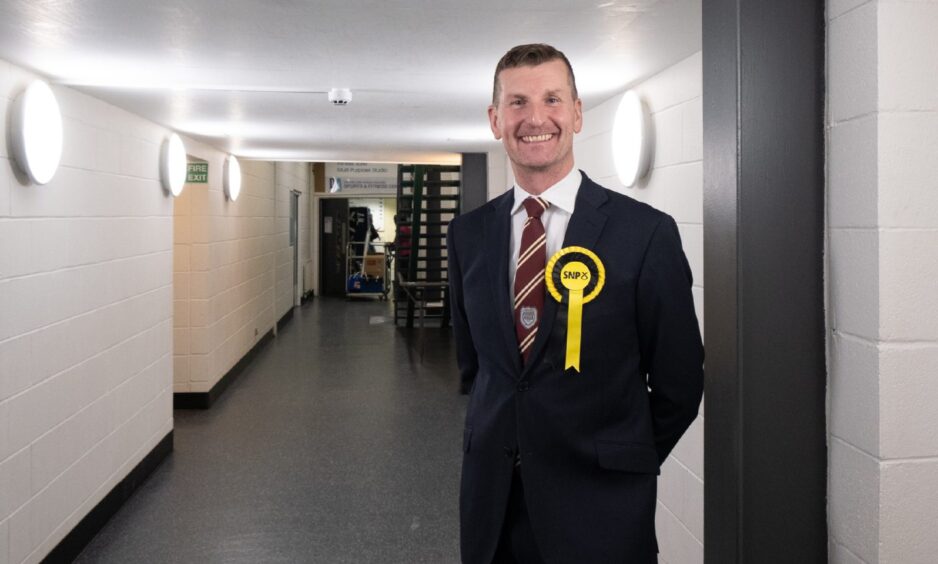
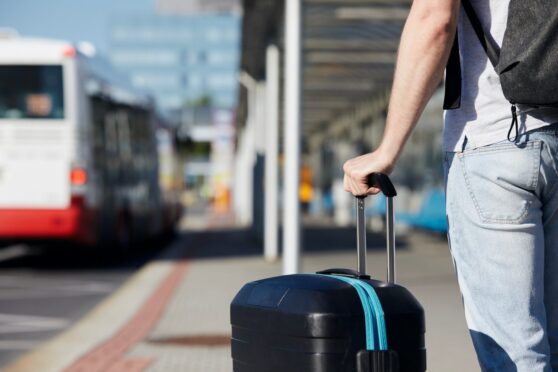
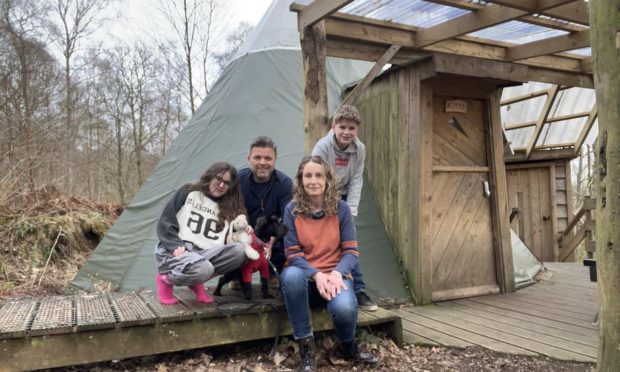


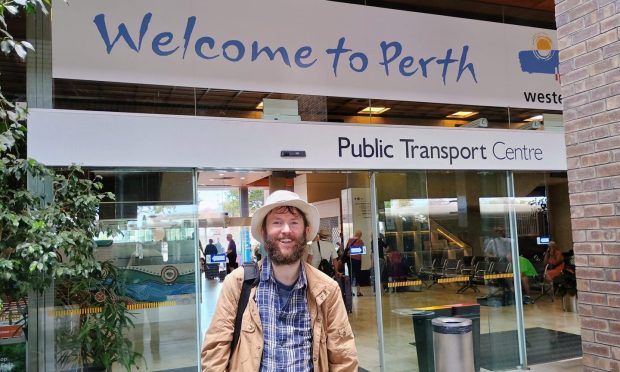
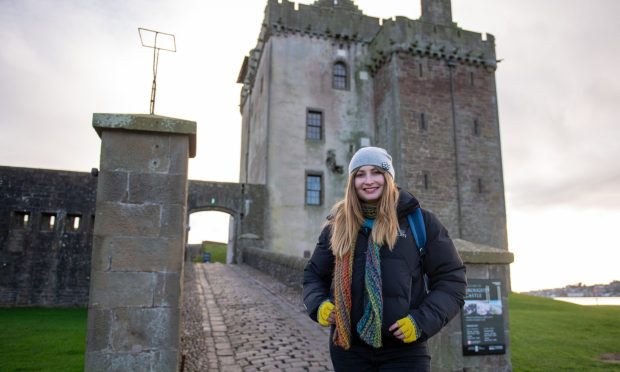


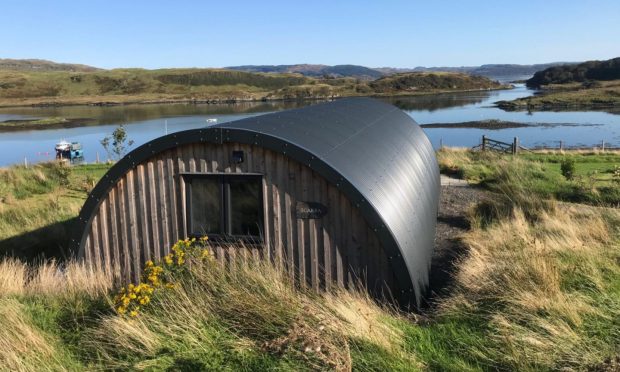

Conversation